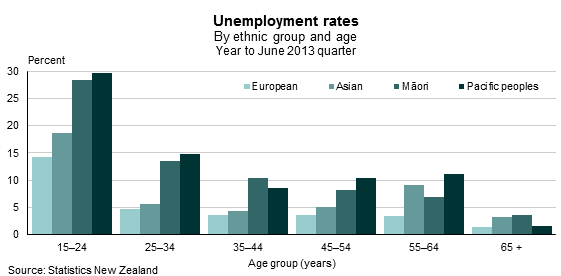Just back from the first
World Humanitarian Summit, Istanbul, Turkey.
As academics, we had a minor but not unimportant role. The following statement provides a normative baseline for future research and is signed by over 50 academics, many of them world leading scholars in the area of human rights. The first commitment opens Indigenous Knowledge as having an important future role in research supporting humanitarian action for our communities.
"The future of effective responses to
humanitarian crises depends on developing a strong base of knowledge about
current emergencies, future threats and their contexts; the populations
affected by these emergencies; and the legal frameworks, institutions and
interventions that seek to meet humanitarian needs and resolve these crises.
Those engaged in humanitarian studies, which includes research and education,
are essential to this effort.
Humanitarian studies critically examines the ways in
which humanitarian crises originate and evolve, how they affect people,
institutions and societies, and the responses they trigger. This field is not
simply about being an instrumental partner to humanitarian actors in addressing
the policy and practice issues of today. Humanitarian studies is about
critically engaging with forces and factors that create positive change in
order to imagine and achieve a different future for the world.
Humanitarian studies scholars present at the World
Humanitarian Summit (WHS) and the International Humanitarian Studies
Association (IHSA) make the following six commitments:
1. We commit to make humanitarian research more
collaborative and inclusive, especially with non-traditional knowledge actors
and affected communities, and to ensure that knowledge is relevant to policy
and practice.
2. We commit to research the impacts of the WHS - both
positive and negative - on those affected by humanitarian emergencies and the
future of humanitarian action. This research will include assessing the
fulfillment and non-fulfillment of commitments made by WHS participants; the
impact of those commitments; and the process and history of the summit itself.
3. We commit to further develop and adopt evidence-based
approaches relevant to humanitarian research. Member states and humanitarian
actors should support the achievement of this commitment by making humanitarian
research and education a political, financial, and operational priority.
4. We commit to localize humanitarian research and
education within the regions and communities affected by emergencies by
recognizing, establishing, supporting and collaborating with research and
educational institutions in crisis-affected areas. Member states should work to
remove political, regulatory, and financial barriers that impede research and
prevent the development of research institutions in crisis-affected areas.
5. We commit to improve the impact and increase the use
of humanitarian research by encouraging and supporting trans-disciplinary
research that collaborates with non-traditional knowledge actors. To this end,
we will strive to make our research accessible and relevant beyond traditional
venues, such as conferences and publications, by placing the enfranchisement of
affected communities themselves at the center of our work.
6. We commit to protect academic freedom, uphold
scientific ethics, and be accountable for the research we do, how it is
undertaken, and how it is used. We will seek to make our results and data as
open and public as possible, ensuring that our ethical obligations to the
populations we research and those we research them with come first."
David Cantor
Alpaslan Özerdem
Doris Schopper
Oreste Foppiani
Galya B Ruffer
Graciela Loarche
François Grunewald
Michael van Rooyen
Michel Veuthey
Karl Blanchet
Ranjana Mukhopadhyaya
Lucatello Simone
Alexander Betts
Dan Maxwell
Gilles Carbonier
Antonio Donini
Simon Lambert
Alex de Waal
Dennis Dijkzeul
Joost Herman
Mihir Bhatt
Julia Steets
Kirsten Johnson
Bertrand Taithe
Wendy Fenton
Kristin Sandvik
Mitulo Silengo
Lydia Poole
Ibrahim Awad
Mahbuba Nasreen
Jacob Opadeyi
Wasseem Abaza
Ezzeddine Abdelmoula
Michael Barnett
Jyotsna Puri
Tanja Granzow
Cassie Kenney
Jeremy Collymore
Andrew Collins
Catherine Bragg
Alistair Edgar
Martine Najem
Seun Kolade
Mukesh Kapila
Kirsten Geldorf
Helen Young
Graham Sem
Anna Goos
Susan Akram
Patrick Vink
Wolf Dieter Eberwein
Randolph Kent
Bonaventure Rutinwa
 |
| With Professor Thea Hilhorst, Professor of Humanitarian Aid and Reconstruction |

























